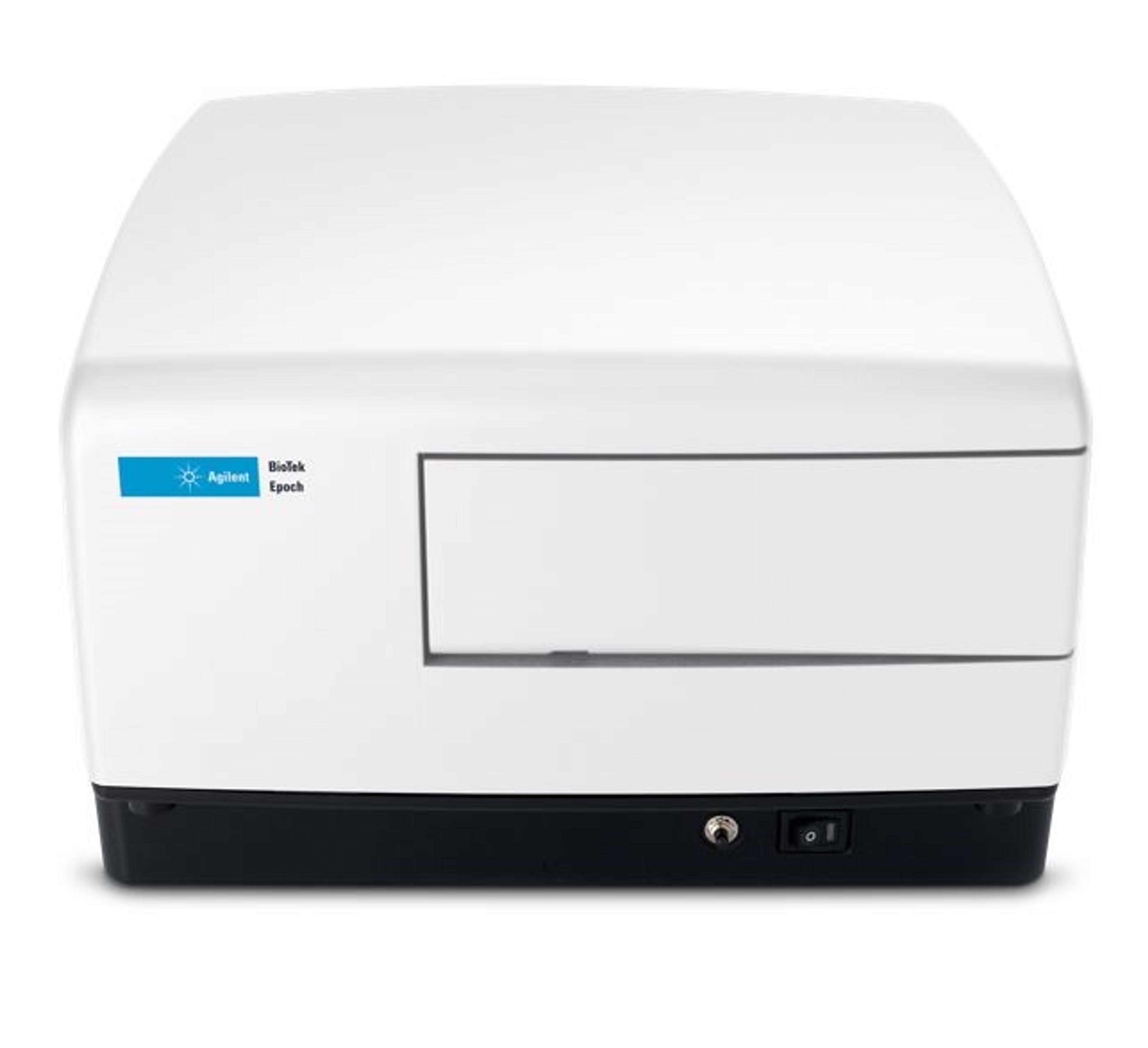BioTek Epoch for Arctic Stress Marker Study
23 Jun 2010BioTek’s Epoch™ Multi-Volume Spectrophotometer is being used by a Wyle scientist at the Haughton-Mars Project (HMP) Research Station on Devon Island in a study to determine the impact of mental and physical isolation in an Arctic environment on stress markers, and their effect on the surface adhesion profile of T lymphocytes.
Human spaceflight is a mentally and physically stressful activity that leads to numerous physiological changes, including those to the body’s immune systems. These changes may decrease the crew’s ability to combat infections, and increase their susceptibility to radiation and cancer development during exploration missions. The data obtained from Epoch during this research study will provide insight into immune dysfunction mechanisms associated with chronic stress. Ultimately, researchers hope to develop countermeasures to support long-term human exploration of objects and planets in the solar system.
The HMP site is located on Devon Island, Canada (latitude 75’ N), and is recognized as one of the best locations on Earth to conduct planetary surface operation simulations. The HMP Research Station, operated by the Mars Institute, annually hosts a wide range of research activities supported by NASA and the Canadian Space Agency. Although Martian and other extra-planetary conditions cannot be duplicated on Earth, this research provides a basis for comparative studies of physical, biological and geological conditions that may exist on Mars or other planets.
The BioTek Epoch Multi-Volume Spectrophotometer uses monochromator-based optics for absorbance measurements from 200-999 nm in 6- to 384-well microplates, and an optional Take3™ Multi-Volume Plate allows for up to sixteen low-volume (2 µL) sample measurements, 1 cm cuvettes, or BioTek’s proprietary BioCell™ 1 cm quartz vessel. Pre-programmed and user-generated programs are controlled via Gen5™ Data Analysis Software.

